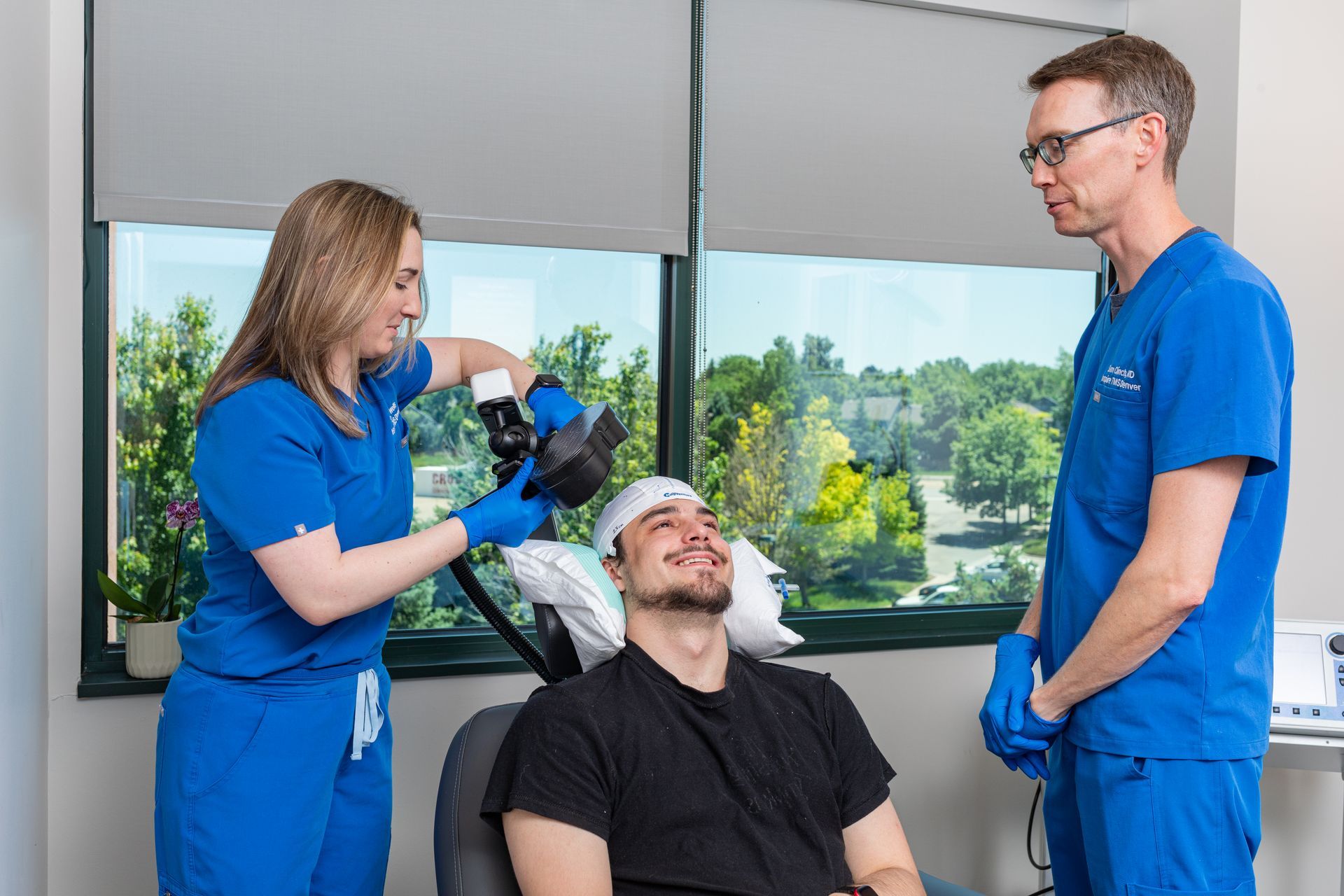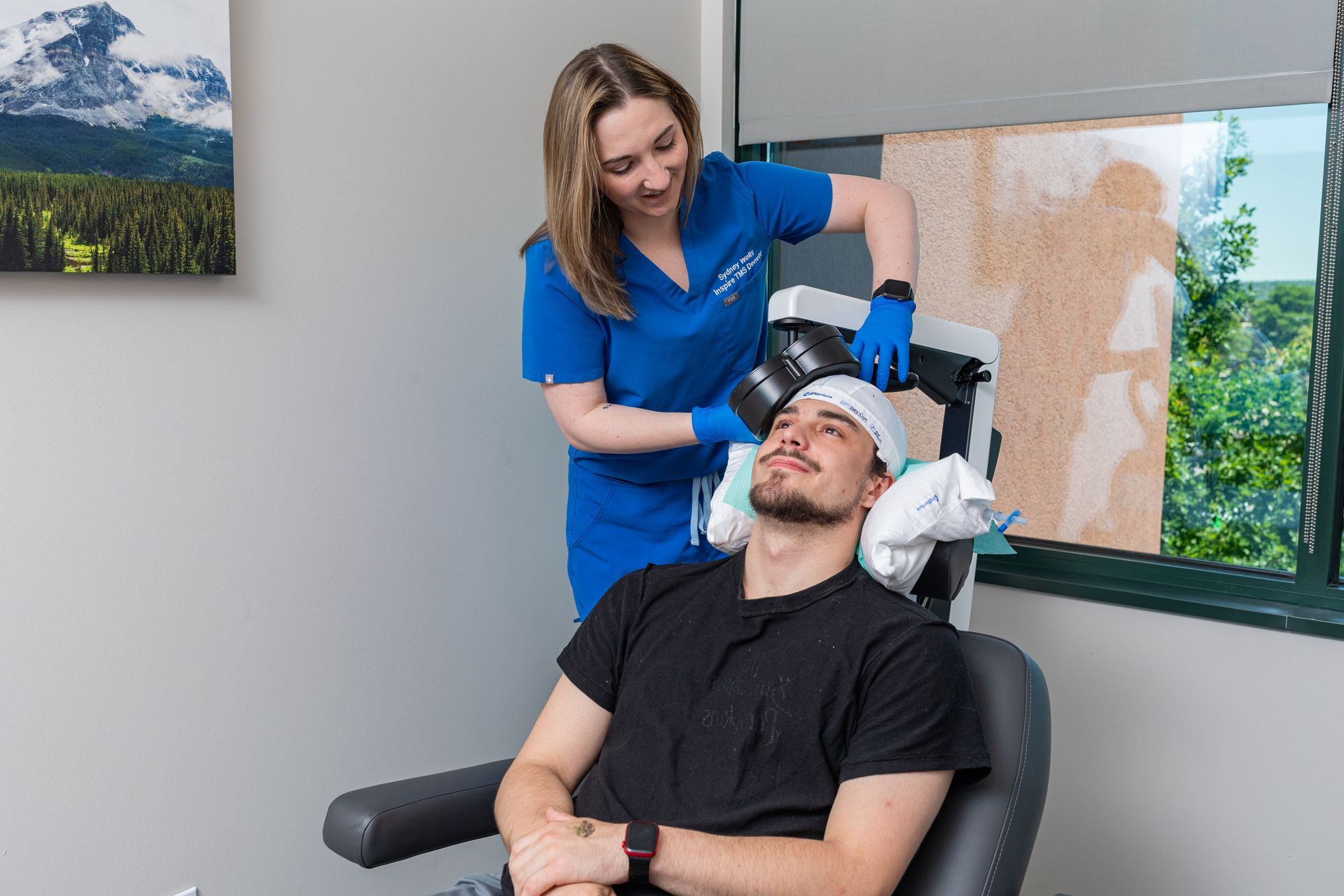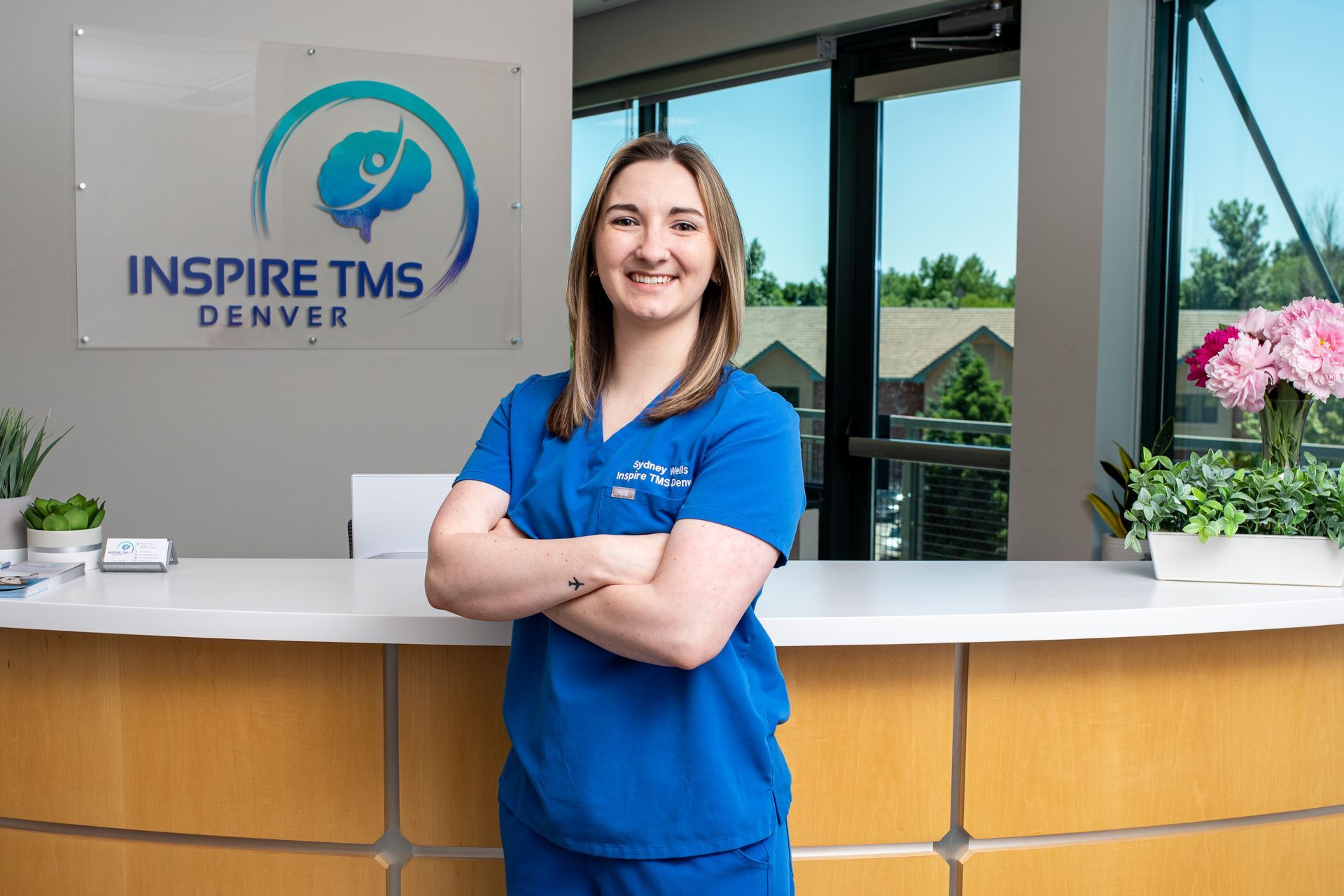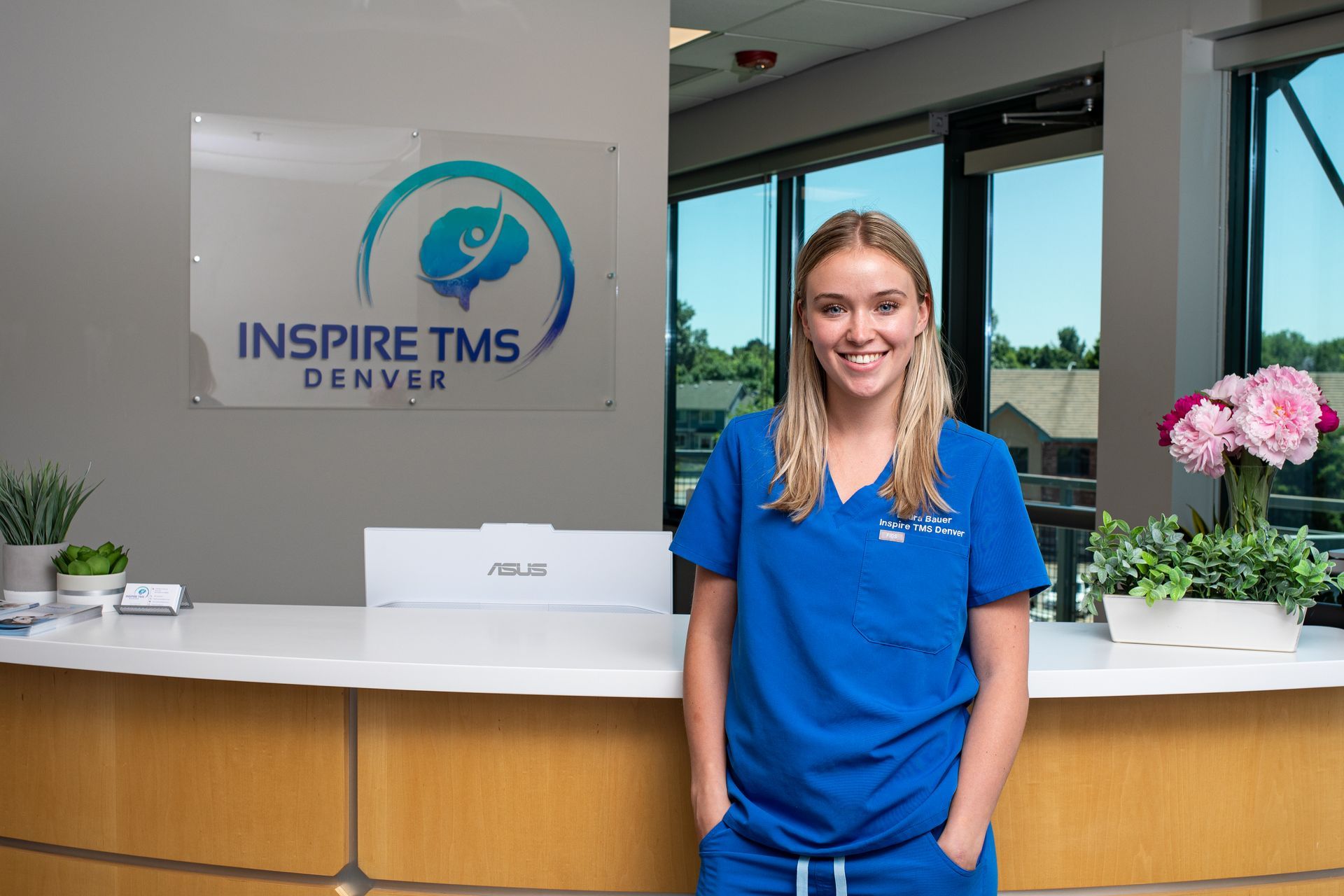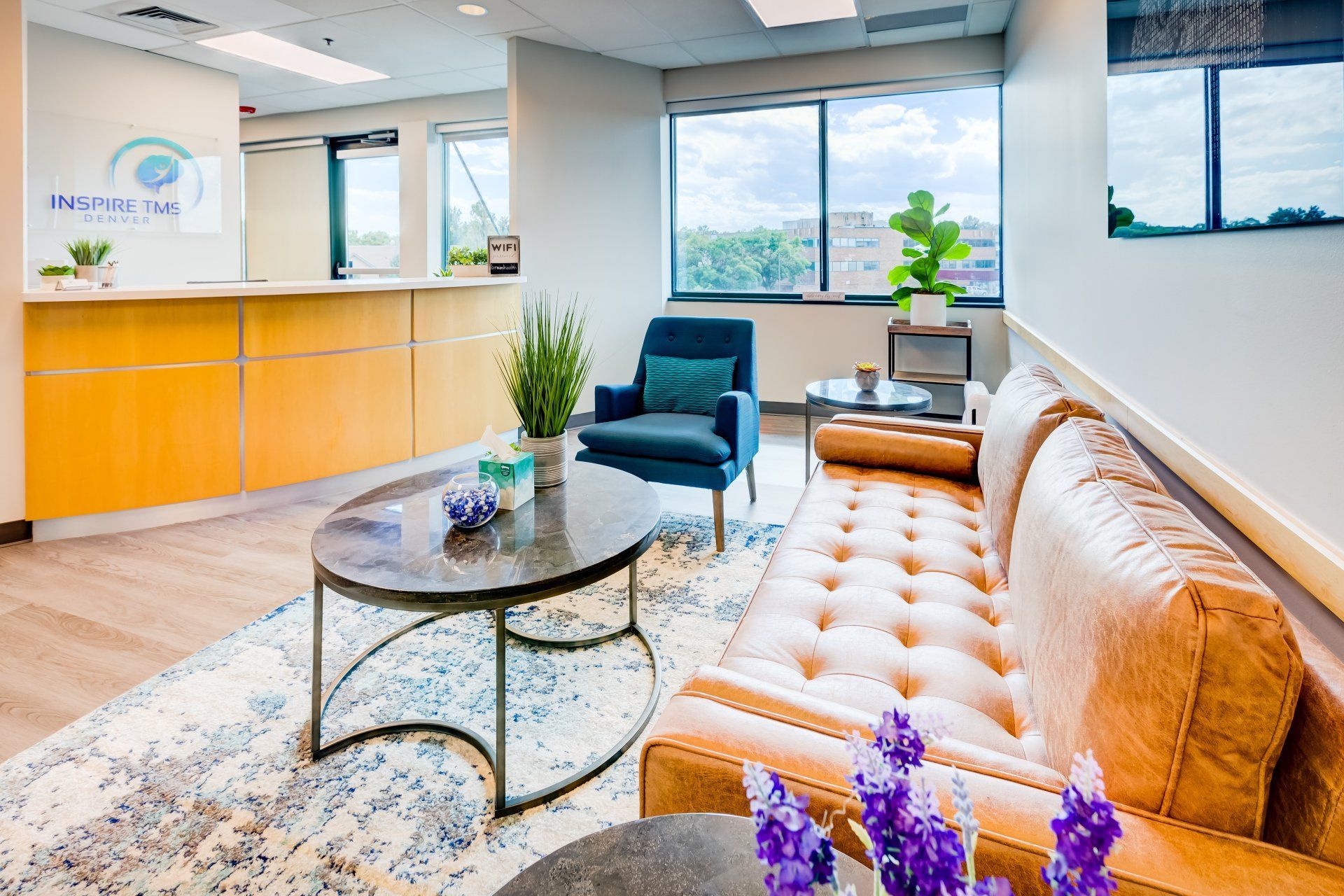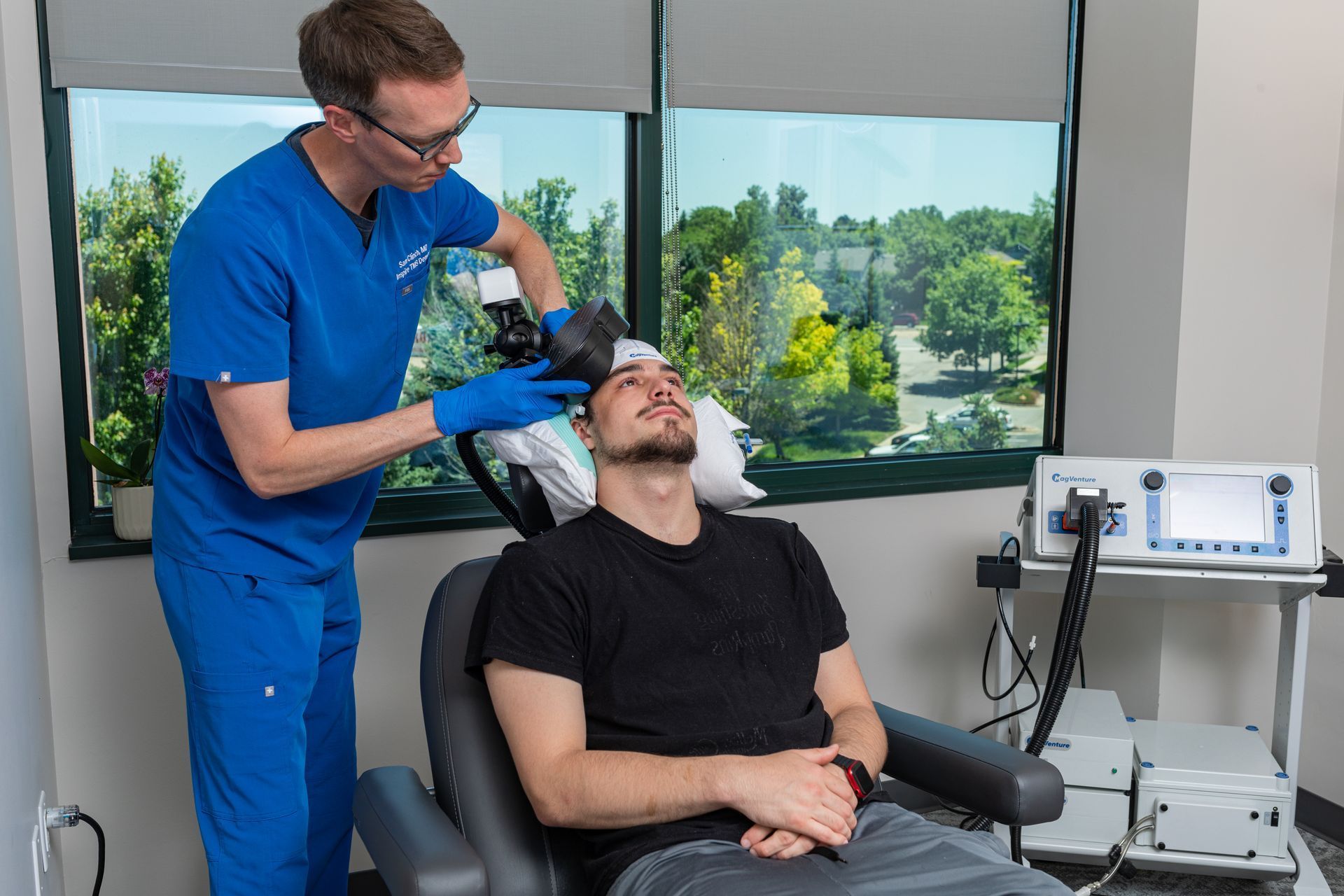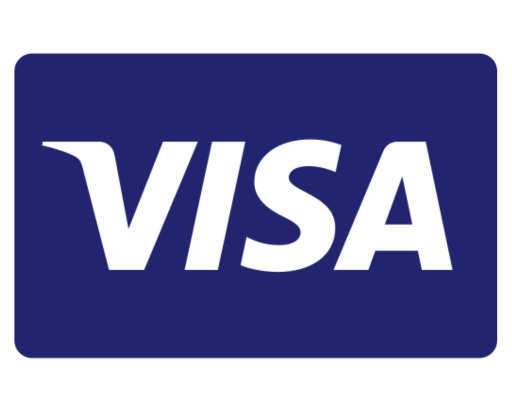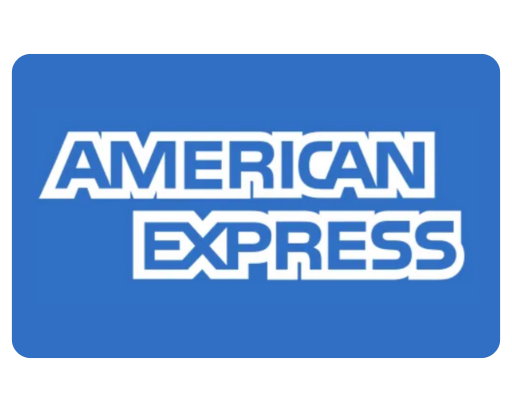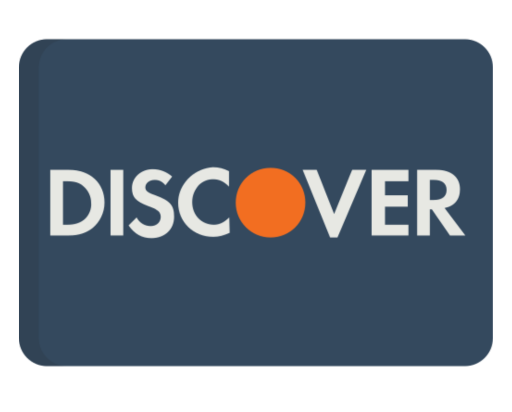Inspire TMS Denver Clinic Results- Depression

What results are we achieving with TMS treatment for depression at Inspire TMS Denver?
At Inspire TMS Denver, we pride ourselves on going above and beyond to ensure maximal patient outcomes and care. We are extremely focused on each patient and meeting their specific needs for treatment response. Dr. Clinch personalizes every treatment by individually selecting treatment location(s) and adapting treatment protocols to specifically target symptoms of concern. We believe our high treatment response rates reflect this level of specialized and individualized care. We achieve equivalent and often superior results to published registry data for patients receivingTMS treatment for clinical depression.
The PHQ-9 (Patient Health Questionnaire) Scale
We currently achieve an average improvement on the PHQ-9, treatment start to finish, of 65%.
Our average patient starting PHQ-9 score is 20 and our average end of treatment score is 7. A starting score of 20 indicates nearly all patients seeking treatment with us are experiencing severe depression. And a finishing score of 7 indicates only mild depressive symptoms remain for the majority of our patients at end of treatment. These are great results!
At treatment end, 82% of our patients have responded to treatment (based on 50% improvement or better on the PHQ-9) and 46% of our patients are in remission (less than 5 on the PHQ-9).
These results are equivalent, if not slightly superior, to published registry data:
69% response and 36% remission,
by Neurostar. -
71% response and 44% remission,
by Brainsway.
76% of our patients have achieved a PHQ-9 score of less than 10, which indicates mild to no depressive symptoms.
Accelerated TMS is also successful and can provide faster results for relieving depressive symptoms!
Additionally, we have good experience and results providing an accelerated protocol that involves 50 sessions over the course of 5 days (10 treatments per day). This utilizes 1800 pulses of iTBS each session to treat depression in a shorter timeframe, which is particularly convenient for those without access to TMS near where they live or due to work conflict getting to treatment on a daily basis.
A randomized controlled trial out of Stanford , utilizing a nearly identical approach, but with the use of fcMRI for targeting (we do not have this capability at our clinic), achieved an average 52% reduction in MADRS (Montgomery–Åsberg Depression Rating Scale) score 4 weeks out from treatment. Our clinic is achieving a similar rate of 54% reduction in depression symptoms based on this same rating scale. We also are seeing equivalent response and remission rates with the
accelerated protocol compared to more standard protocols that take 2 months to complete.
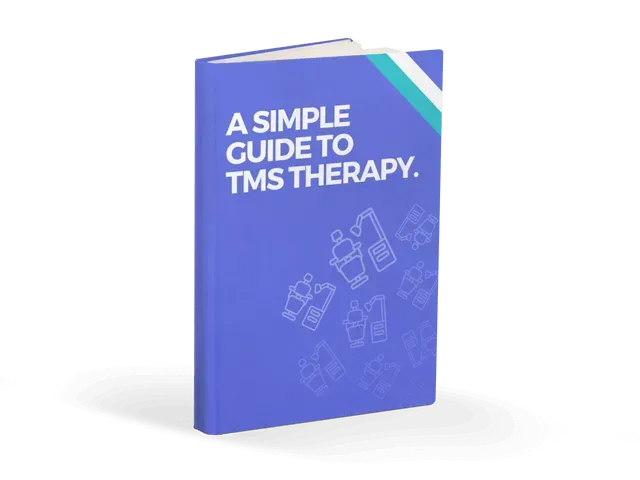
Every Question Answered
Want to know more about TMS? Check out this in-depth guide to TMS therapy with transparent and easy to understand explanations about TMS processes, protocols, and treated conditions.
Latest Posts

